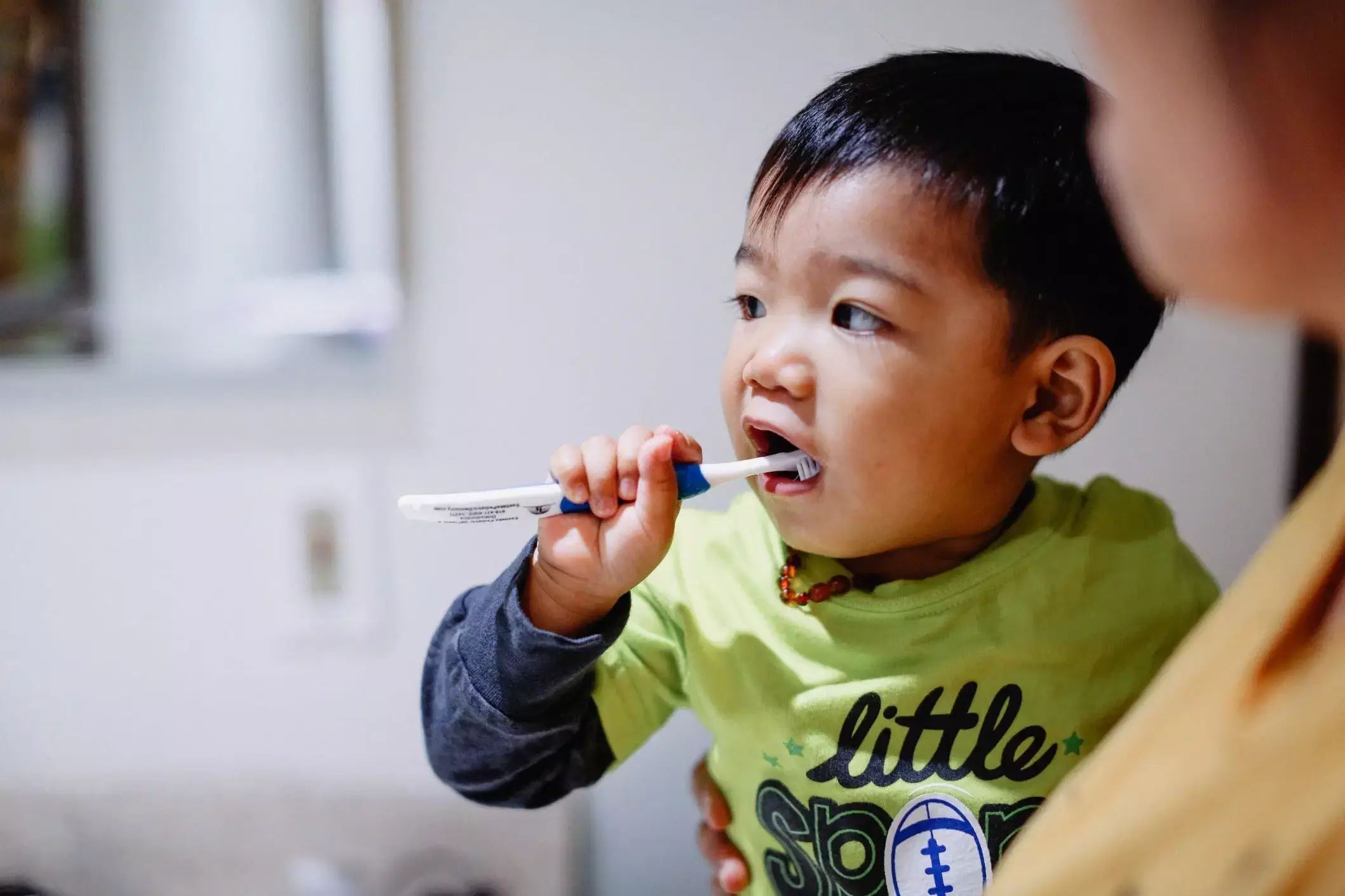As a parent or guardian, the struggle to instill good dental hygiene habits in children can often feel insurmountable. We all know that a trip to the dentist can evoke anxiety for little ones, often drowning what should be an educational experience in tears and tantrums. The discomfort stems not only from the unfamiliar environment of a dental office but also from the strange tools and procedures that can seem intimidating. However, with intentional preparation, this first visit can evolve from a source of dread to an exciting discovery. Establishing routines and creating a positive narrative around dental care are crucial steps in setting your child up for success.
Establishing Early Habits
Starting a dental hygiene routine from an early age can make a world of difference in how children perceive dental visits. Introducing a soft toothbrush while they are still infants, along with regular cleanings of their gums, lays foundational expectations. Transitioning to brushing their first teeth with a dab of non-fluoridated toothpaste between 12 and 18 months creates an automatic association between daily hygiene and a sense of care. Most importantly, making toothbrushing a family affair—perhaps by brushing together—demystifies it and makes it a fun ritual rather than a chore.
Children should ideally begin brushing their teeth twice a day early on, and parents should schedule these sessions before fatigue sets in. Little ones are generally more amenable before they enter their twilight hours, creating an opportune learning window. Understanding their routine can be a game-changer; it effectively sets expectations and creates a sense of security.
Choosing the Right Toothpaste
The toothpaste flavor can significantly impact a child’s willingness to brush. While mint is the adult favorite, toddlers often favor bubblegum or even chocolate-flavored options. Allowing your child to participate in picking the toothpaste empowers them and fosters a sense of ownership over their dental hygiene. This small step transforms brushing from a mundane task into a mini adventure, which can directly influence their behavior and openness toward dental visits.
Around age two, after they master the art of spitting, introducing fluoride toothpaste will further bolster their dental defenses against cavities and decay. It’s vital that this transition is framed as a superhero move—“Now that you’re a big kid, we’re using super toothpaste to protect your teeth!”
Preparing for the Dentist Visit
The key to alleviating any fear surrounding a dentist appointment lies in education and familiarization. Take the time to explain why dental visits are important, and frame them in a way that empowers your child. Begin with the “Tell, Show, Do” approach: discuss what the dentist does, share stories, or read books that introduce the idea of dental care in a positive light.
Consider setting up a “field trip” before the actual appointment. Visit the dental office, allowing your child to explore the surroundings and see the tools in a non-threatening manner. Encourage participation by letting them touch and interact with what they can. The aim is to normalize the environment so that when the actual day arrives, it feels like a familiar adventure rather than an overwhelming experience.
Role-Playing to Build Confidence
Pretend play can be an incredibly effective means of breaking down the anxiety barrier. Using stuffed animals as dental patients, you can act out various scenarios that your child might expect at the dentist. Take turns being the dentist and the patient, using this opportunity to count teeth, brush them, and perhaps even floss between the stuffed animal’s teeth. This playful interaction can not only reduce fear but also spark curiosity.
Remember, children thrive on positive feedback and reinforcement. Celebrating small victories—like brushing for a full two minutes or successfully counting their teeth—provides the emotional boost they need. Make a game out of the process, rewarding them afterward with stickers or fun outings. Through imagination and preparation, you can reshape their perception of dental care, turning fear into fun and establishing lifelong habits that keep their smiles bright.

